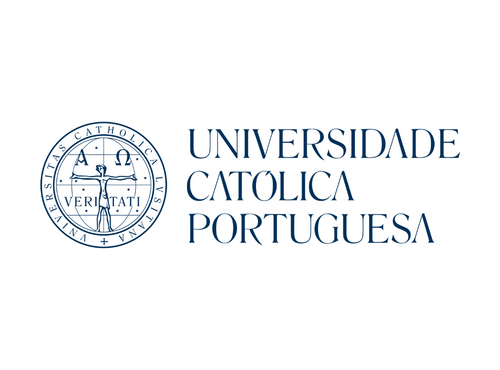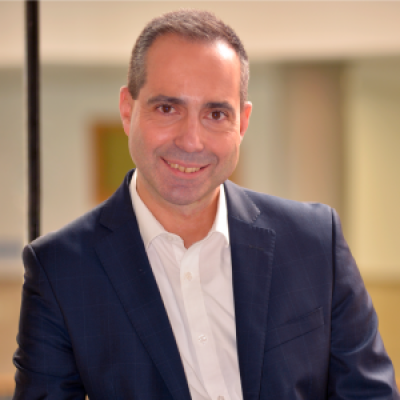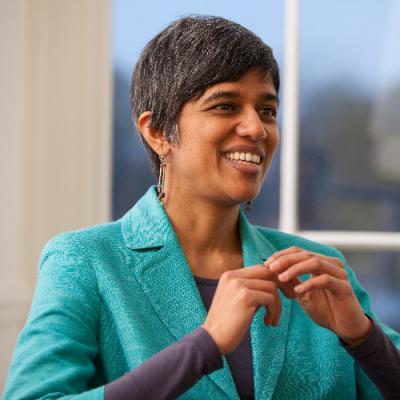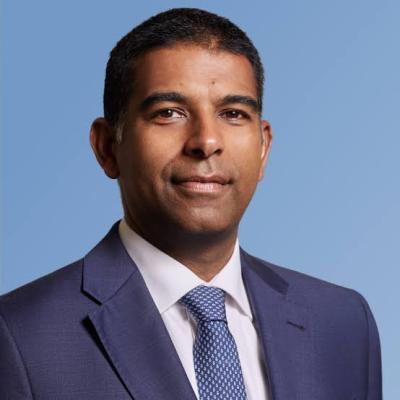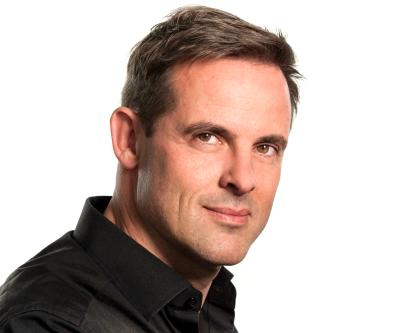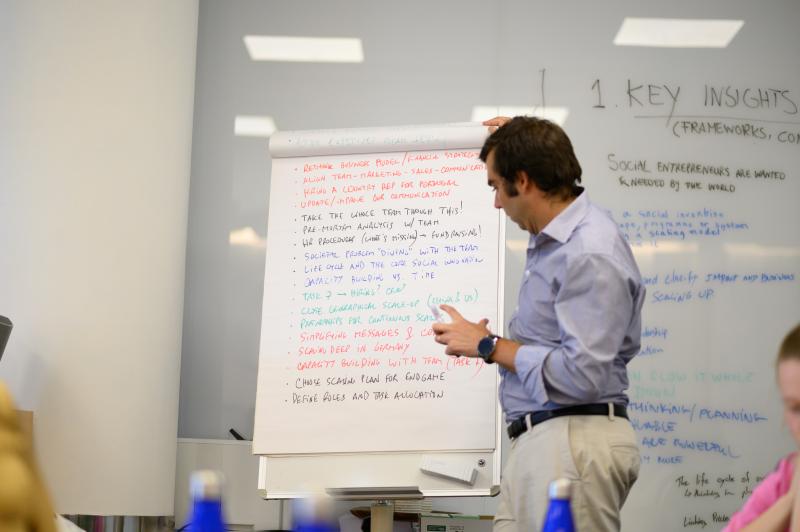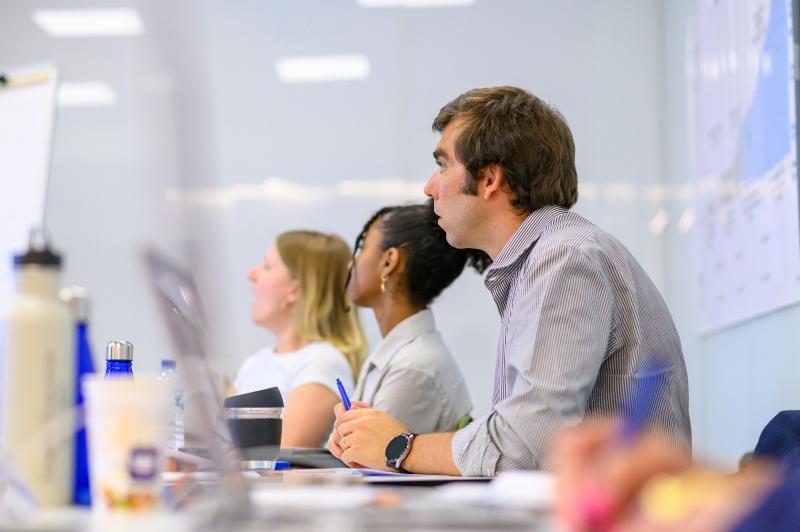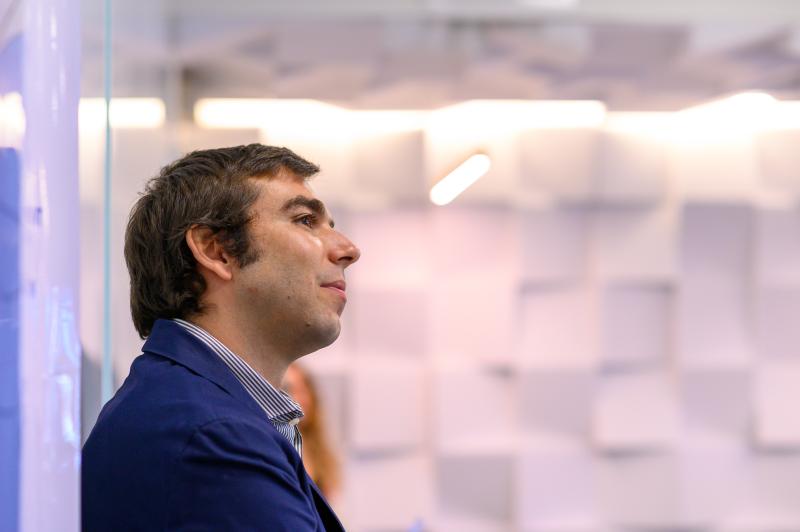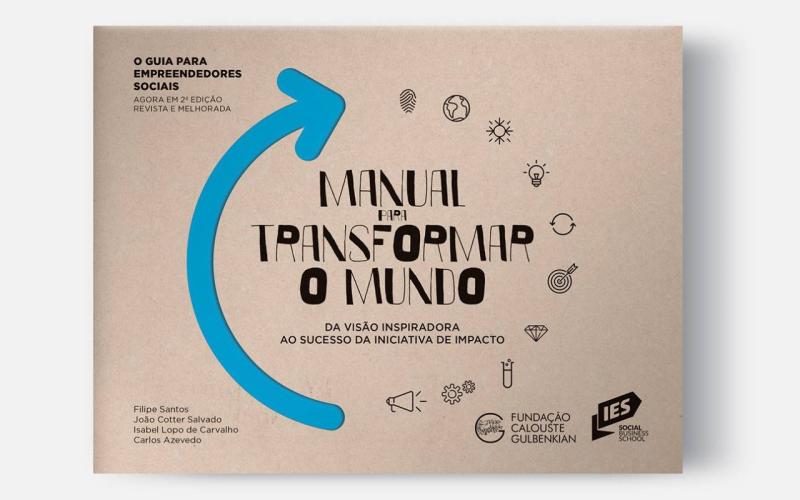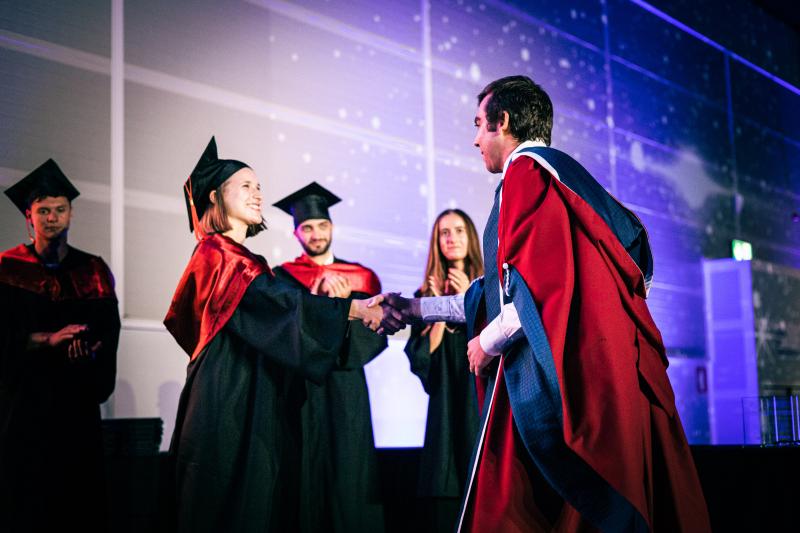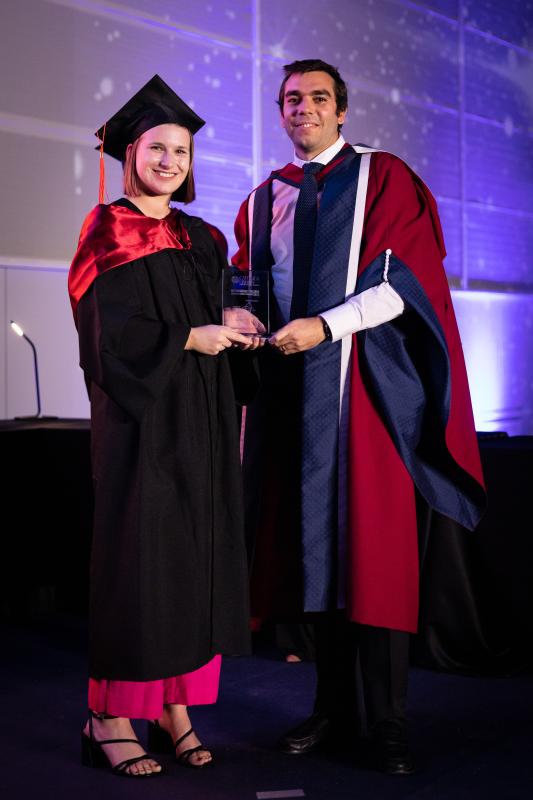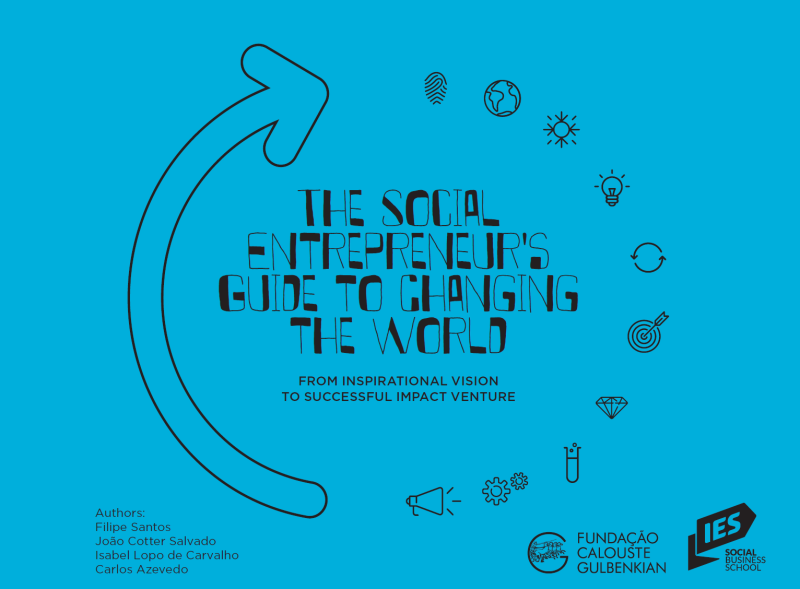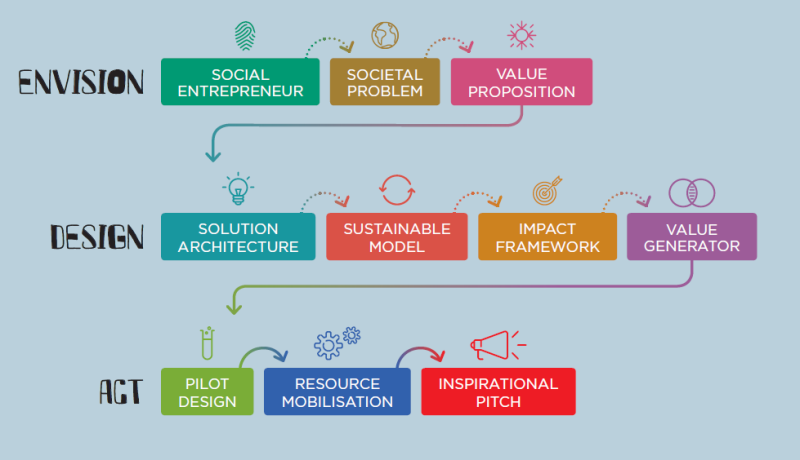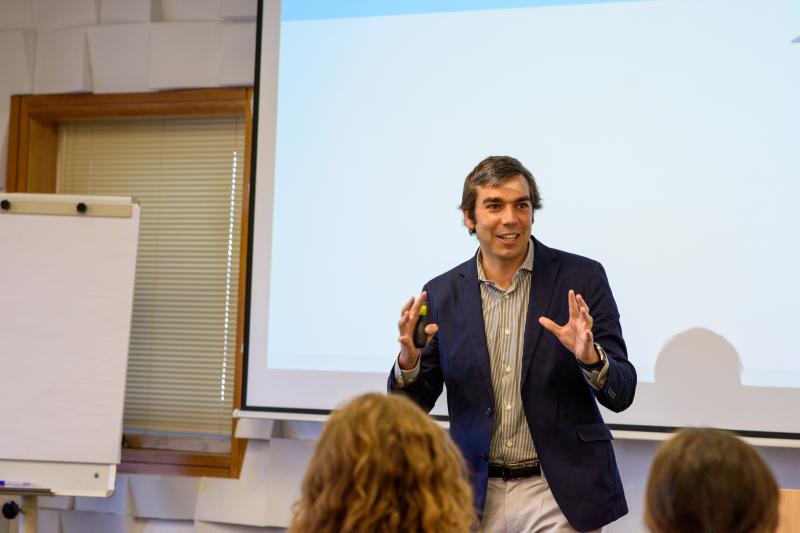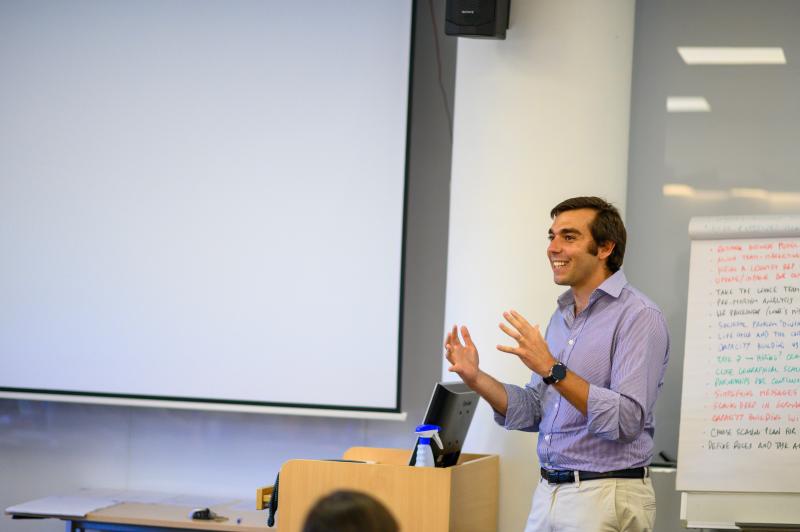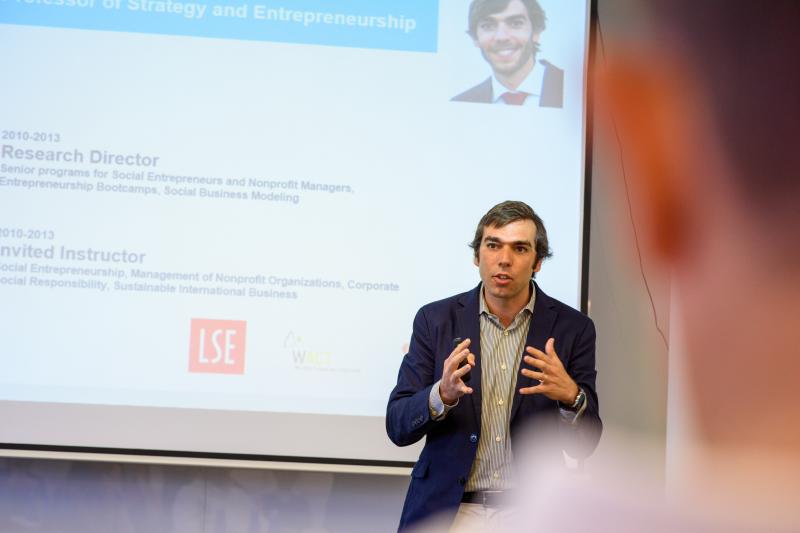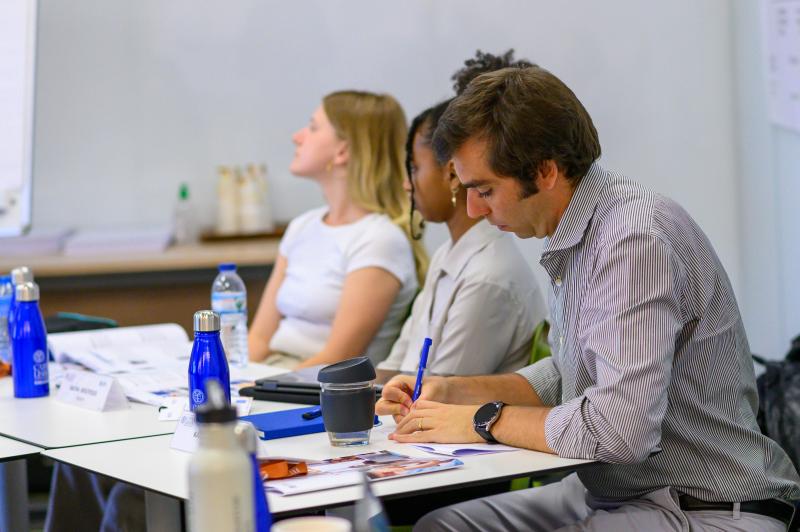My unique methodology combines innovative, challenge-based approaches, state-of-the-art tools, and an ecosystem-building philosophy. This methodology allows entrepreneurs to learn by doing, taking their ideas from the classroom to the field, where they interact with potential clients, suppliers, or investors. By facing real-world challenges, they robustly validate their business ideas. To support their progress, the methodology provides entrepreneurs with targeted challenge questions, tools, and frameworks, customized at each stage of the process. Finally, my approach replicates the ecosystem- and community-perspective that entrepreneurs encounter in the real world.
With a solid belief in the power of entrepreneurship to drive positive change, my approach has been designed to break down silos and draw from the best insights across multiple fields and disciplines. By establishing key partnerships with university stakeholders and external partners, I aim to create a collaborative ecosystem that nurtures innovative and impactful ventures. But I did not stop there. As an entrepreneurial educator, I recognize that we must reach beyond the classroom. That's why I have been scaling up this teaching approach to empower high-school students, social entrepreneurs, and isolated communities with the tools and knowledge to create positive change in their own lives and communities. Through my advisory roles and active mentorship, I have cultivated strong ties with the entrepreneurial ecosystem around the university, constantly contributing to events and initiatives that inspire and support the next generation of entrepreneurial leaders. With this holistic approach to entrepreneurship, we can create a more inclusive, equitable, and sustainable world for all.


